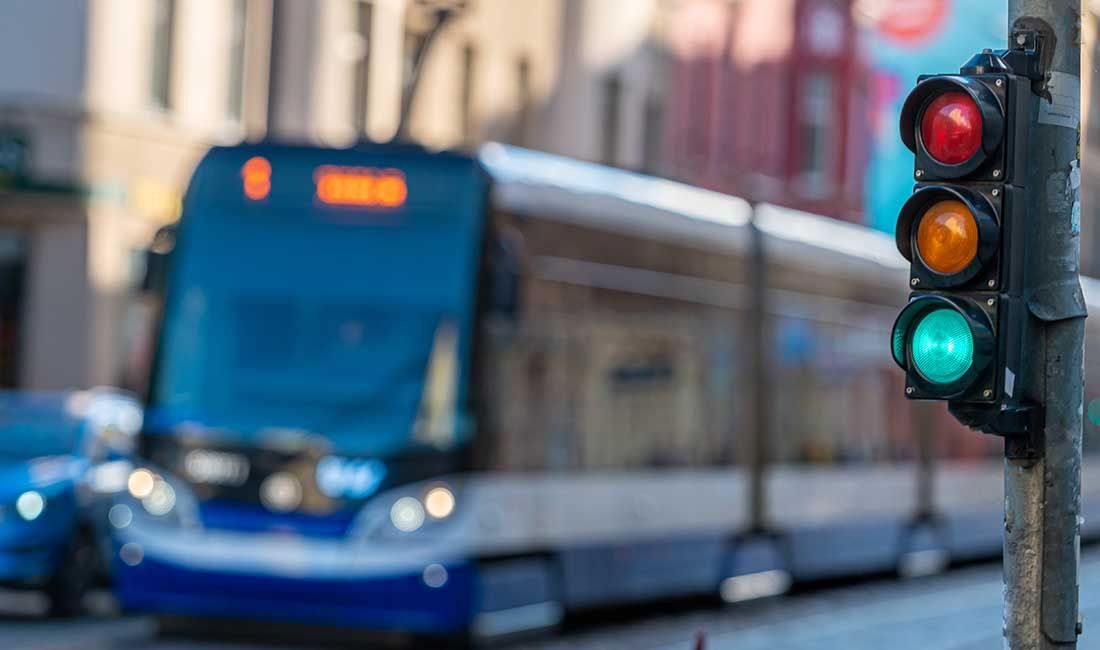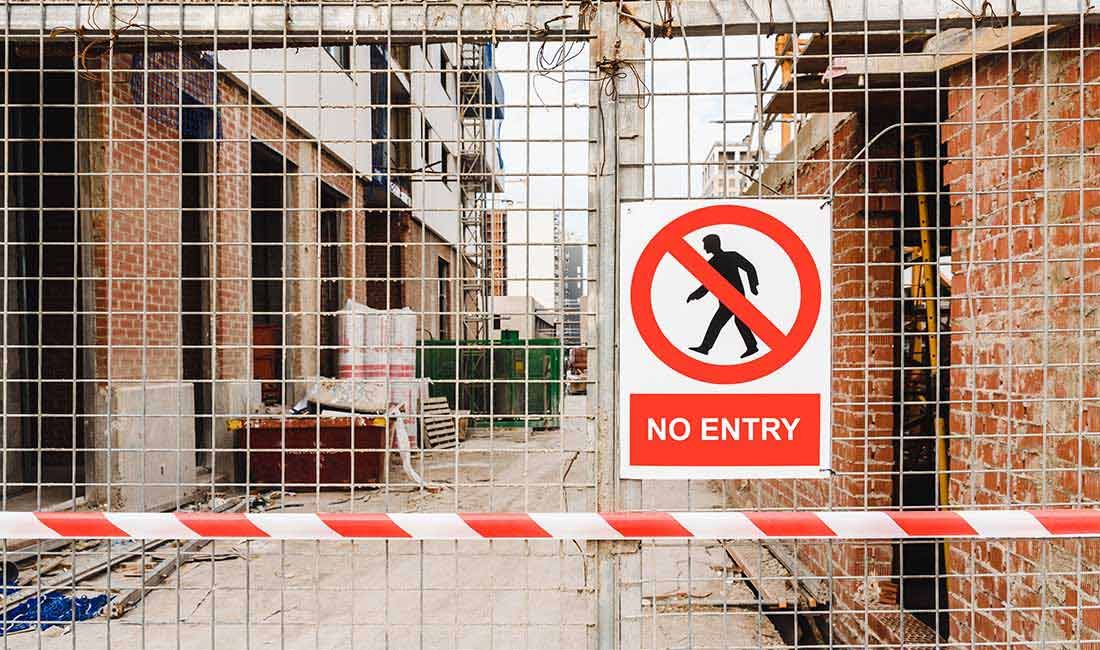Public Toilets Wiped Out in UK

| W.E.U Admin | Improving Working Lives
TAGS: Equality, Toilets, UK
Some UK High Streets and public spaces no longer have any council-run public toilets, according to recent Freedom of Information requests. Over the last decade, 1,782 facilities have closed across the UK, leaving ten areas—including Newcastle, Merthyr Tydfil in south Wales and Wandsworth in south London—with no council-run public toilets at all.
Extent of Closures
Public toilets have existed on UK High Streets for more than 150 years, yet there is no legal requirement for local authorities to provide them. Faced with squeezed budgets, many councils have been forced to close facilities they cannot afford to maintain. The Local Government Association states that councils are “trying to keep toilets open” but are stretched by cuts to community services.
Key data from 331 councils shows:
- 10 areas now have zero council-run public toilets.
- 22 councils offer only one public toilet (including Manchester, Stockport and Tamworth).
- Four out of five councils have cut spending on public toilets since 2011.
- Overall expenditure has declined by almost a third in four years, with £21 million less spent in 2015–16 than in 2011.
- 43 councils have reduced their budgets by more than 70%.
Reinventing the WC
While most closed sites have been demolished or left unused, some have undergone radical makeovers:
- A disused WC in Clapham is now a wine bar—the “WC” here stands for wine and charcuterie. The owner even allows passers-by to use the loo to meet planning conditions.
- Other conversions include a dog grooming service in Portsmouth, a vodka bar and recording studio in Camden, a noodle bar in Devon, and fast-food outlets in Eastbourne and Moray.
- Former public conveniences now house art galleries in Kingston and Lambeth, information centres in Hambleton and Haringey, and even the Burns National Heritage Centre in South Ayrshire.


Impact on Vulnerable People
“It’s about health, wellbeing, equality and social inclusion,” says Raymond Martin of the British Toilet Association. “We don’t want people being forced to urinate in the streets.”
Joan Dean describes how her husband, who has Parkinson’s Disease, was left humiliated after wetting himself on a trip to Levenshulme, Manchester—where 18 toilets have closed in the last ten years. She tried four shops before finding one willing to help.
Council Spending and Future Challenges
Highland Council maintains the most toilets (127), costing over £1 million a year. Pembrokeshire has 73, and Cornwall 65. However, budget cuts mean the next few years will remain challenging. Many councils have introduced community toilet schemes, partnering with pubs, restaurants and shops to open their facilities to the public.
For further insights and campaign updates, visit our detailed report on public toilet closures or explore related articles like Public Toilets Crisis: Rising Closures.
workersofengland.co.uk | Independent Workers Trade Union


















